I was just at IlluXcon a few weeks back, and as usual spent my weekend doing as many portfolio reviews as possible (official and unofficial). Overall the #1 question I get from artists is “How do I break into publishing?” Sometimes an artist comes out of the blue and shows me a portfolio that is absolutely ready for me to work with them…but most times when an artist is asking me how to break into publishing, they’re not quite at the stage that they are ready to work for one of the “Big 5” publishers, as they are known.
WHY they aren’t ready to work for the top tier yet is worthy of a post of it’s own, but let’s say maybe they haven’t quite mastered visual hierarchy yet. Maybe they need to think about and do a little more research into target audiences. Maybe their skill level is just not quite polished yet. Maybe their style is still a little inconsistent. There could be any number of reasons.
My advice to artists who need more practice doing bookcovers is to seek out self-publishing authors and micro and small presses. Get a few bookcovers under your belt. Get used to telling someone else’s stories. Learn what fans respond to. That way, you are honing your skills, getting solid samples into your portfolio, and you’re also getting paid to do it.
“BUT WHERE DO WE FIND SELF-PUBLISHED AUTHORS AND SMALL PRESSES?” Everyone asks. Well, often times they find you. Authors definitely hunt through local cons and comic cons looking for artists for their projects. They definitely hunt social media (authors tend to live on twitter but they know artists mostly hang out on Instagram). If they’re very savvy they look on deviantart or behance or conceptart.org or artstation or hireanillustrator. Often times authors try to hire the same artists as they see on already-published books, but when the budgets are too small for those artists, they will recommend artists with a bit less experience to take the job (this is why it’s great to have a peer network, folks). Authors talk to other artists, so once you work for one author or small press, work will come find you more and more frequently.
But these are all passive streams for artists. I wanted to tell artists where they could go looking for authors. So I asked my authors! (You’re welcome.)
Self Publishing:
The goal is to think like an author trying to find resources about self-publishing. Hang out in those info hubs and become part of those communities.
KBoards: Overwhelmingly the recommendation was to go hang out on KBoards, specifically in Writers Cafe. (KBoards are the Amazon Kindle Publishing Program discussion boards.) It’s a bit of a mess, but you can offer your services and links to your art on the Writers Cafe Yellow Pages.
Reddit: Be warned, Reddit holds some very scary swamps and cesspools, but there’s also well-maintained threads for every subgenre. Now, remember, you’re looking for authors, not other artists, so think like an author and go to places like Reddit/FantasyWriters and Reddit/Selfpublish.
AbsoluteWrite: Absolute write is a website/blog, but also another forum with a lot of author info and boards on getting published.
Bibliocrunch: Bibliocrunch is a place for self-publishers to find freelancers (editors, marketing, proofreaders, etc) and you can make a profile as an artist then you look through posts authors have made that are asking for services.
Nano/Micro Presses, Small Presses, and Specialty Presses:
Micro and small presses tend to focus on very specific genres, while specialty presses focus on limited edition runs of special edition or collectible editions. Here’s a very unscientific list. I am not going to differentiate between micro/small/specialty because they all kind of define themselves differently. It’s up to you to go through these websites and figure out which presses work with your style of art, and then use your Google-Fu skills to find the art submission guidelines and contacts for each one.
Leaving out the literary magazines, art books, game/RPG books, and comics/graphic novels for now, just focusing on prose books and bookcovers
SciFi/Fantasy:
Subterranean Press
A maybe out-of-date list from sfsite, but feel free to research
Another SFF Small Press list by Authors Publish
Horror/Weird Fiction:
Cadabra Records (audio books on vinyl, so cool)
Children’s:
Nonfiction:
General/All Genres:
There are so many more small presses I’m missing here. Feel free to add more in the comments!
The Big 5:
The confusing nest of the major 5 publishers and their hundreds of divisions and imprints. There’s 6 buildings in NYC that all these guys live in (soon to be 5, when Random House finally moves Penguin into their building), so consider this a good map if you’re ever coming to do a publisher tour of NYC. But also remember that you can figure out mailing addresses and emails for specific people by knowing what parent division or company they work for.
Thank Ali Almossawi for this amazing interactive map (which I’ve broken up throughout this post, but check out this page for the always-updated version)
Notes, Warning, and Resources:
So now that you have all these new targets to research, go refresh your memory on Approaching Art Directors and go read all the DearAD posts tagged with #ContactingArtDirectors and get going!


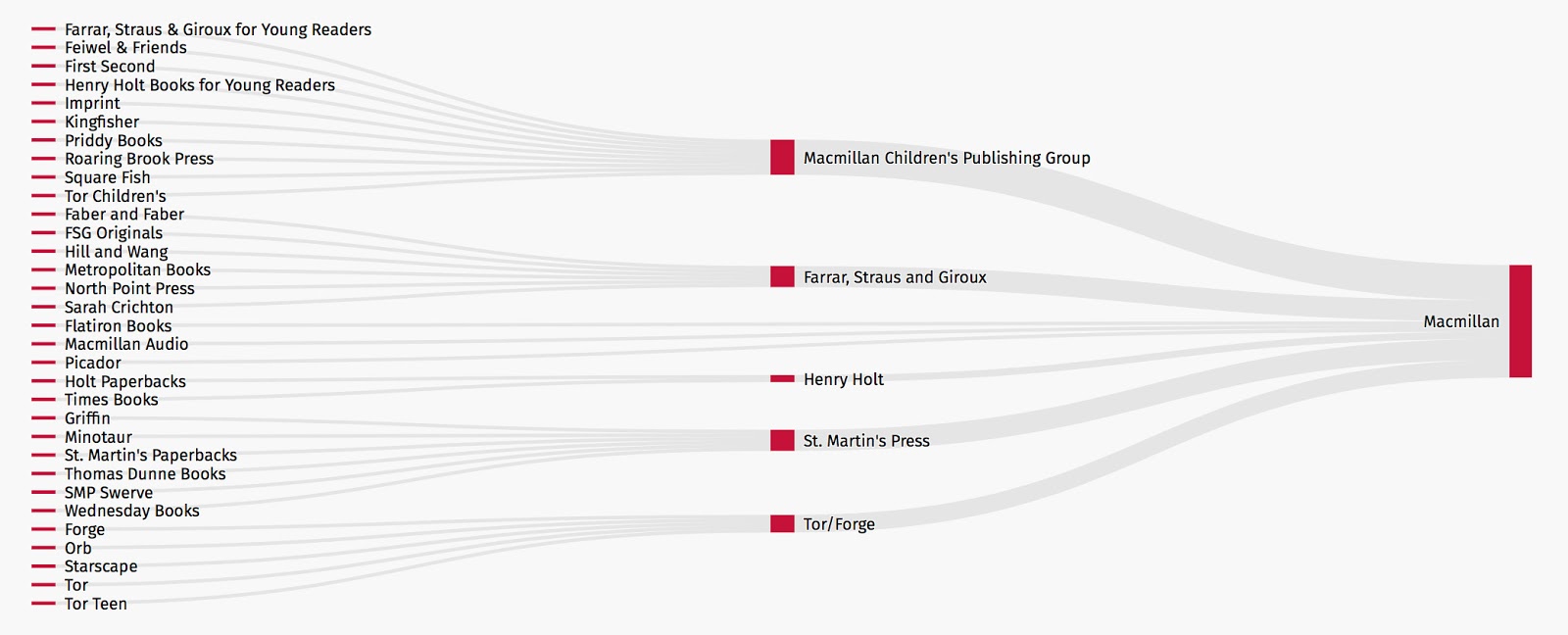
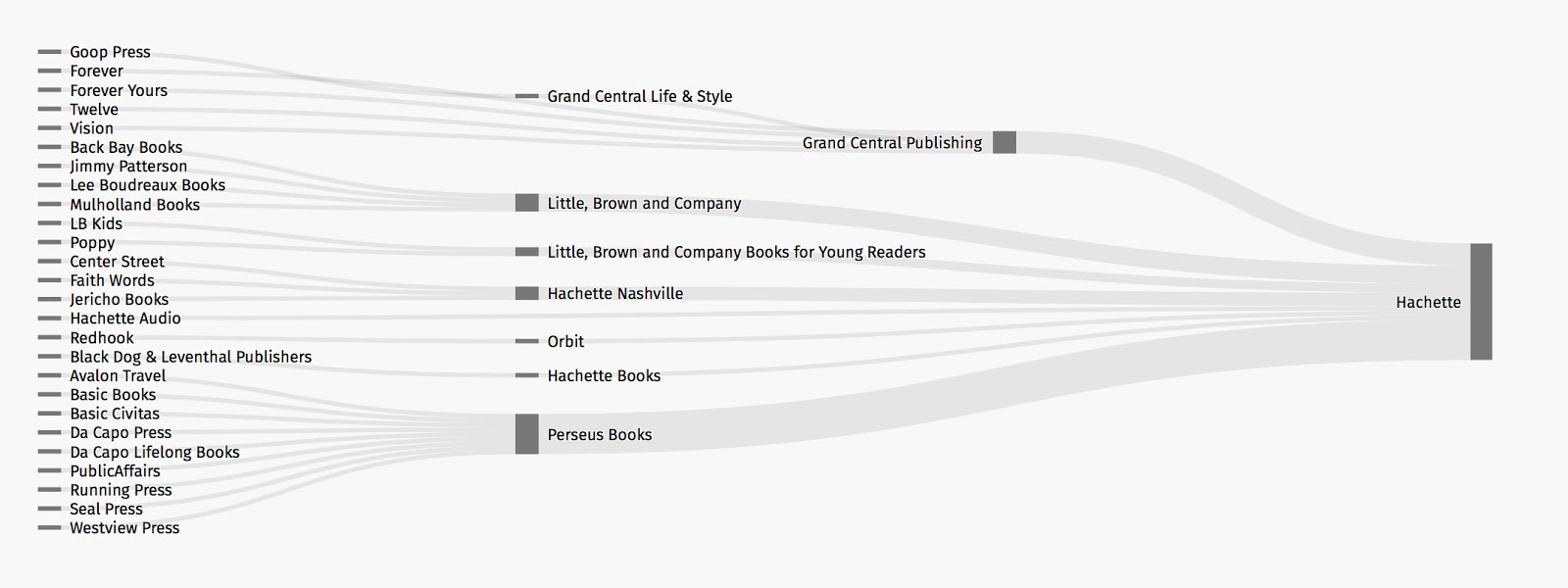
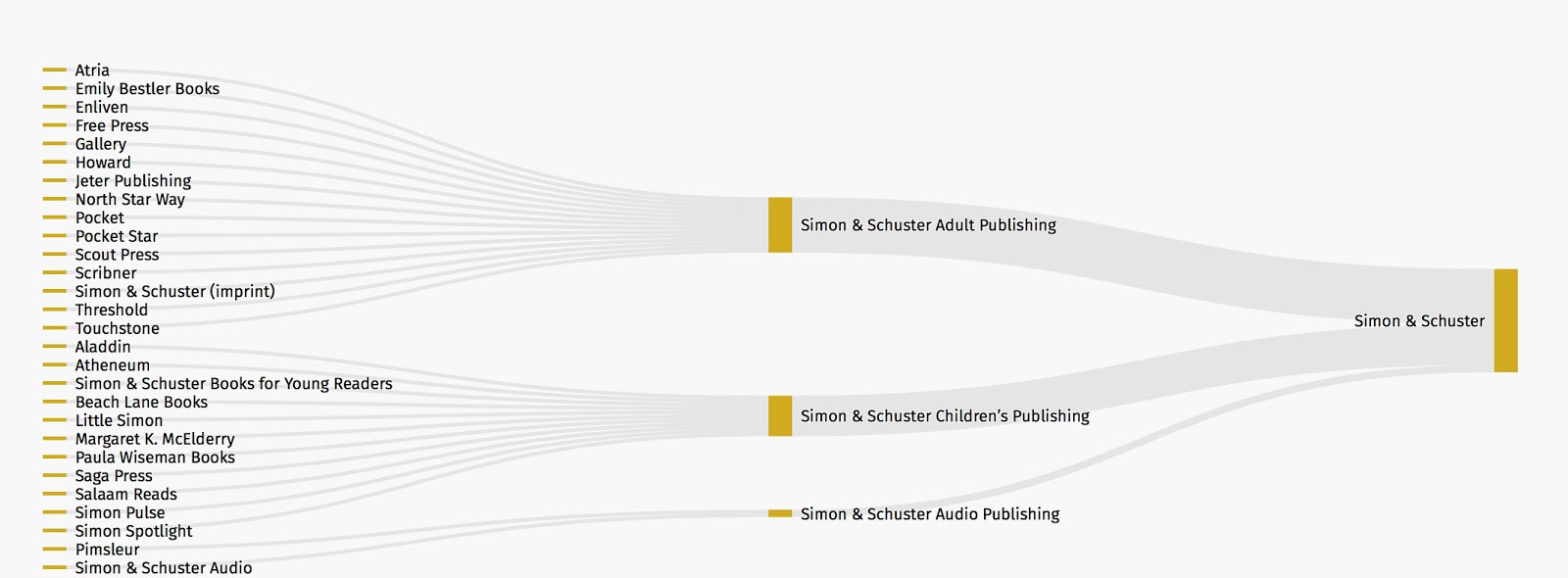
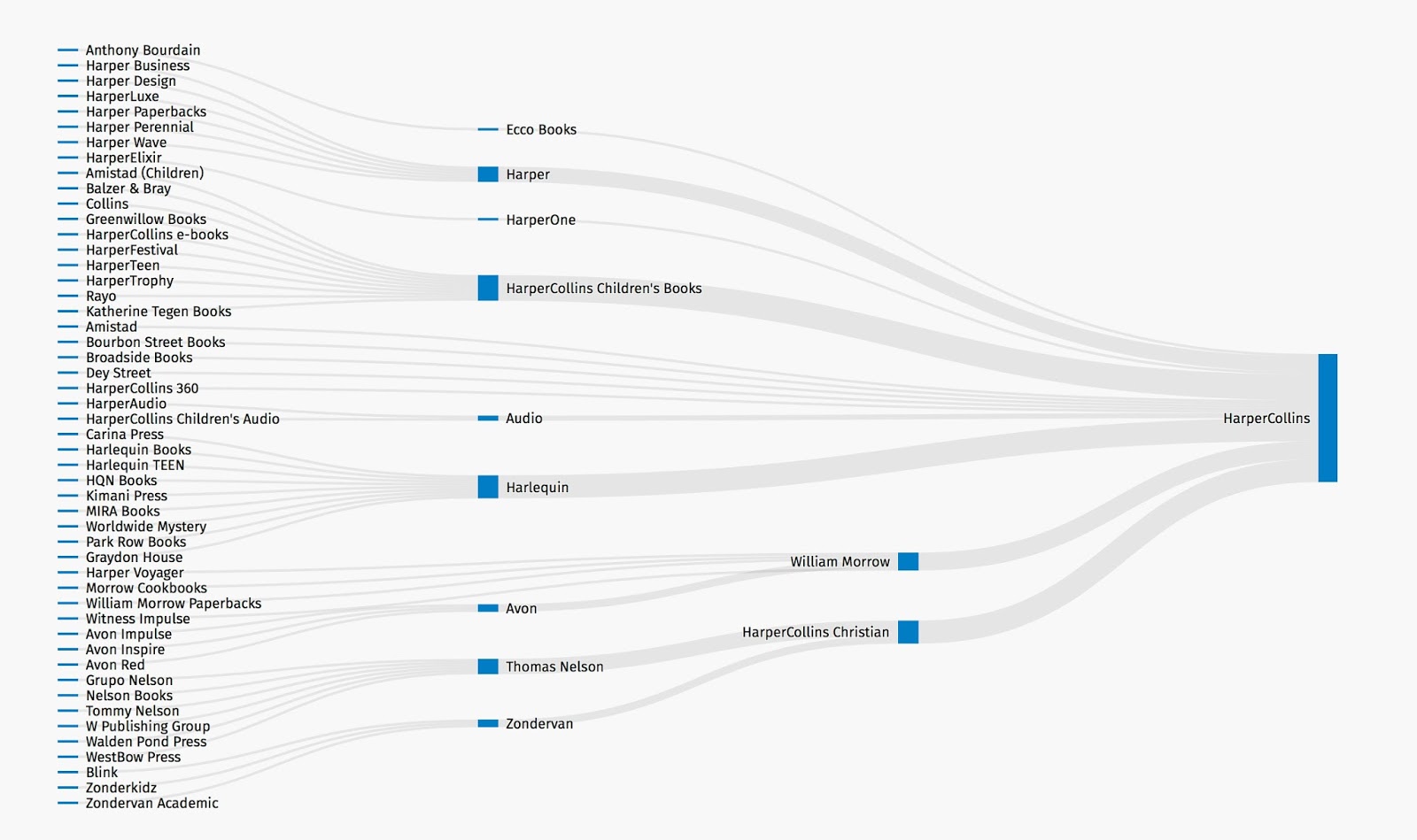
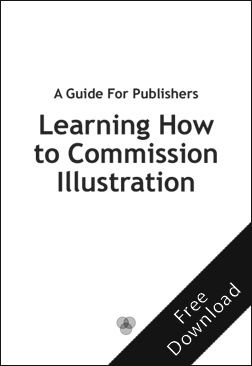
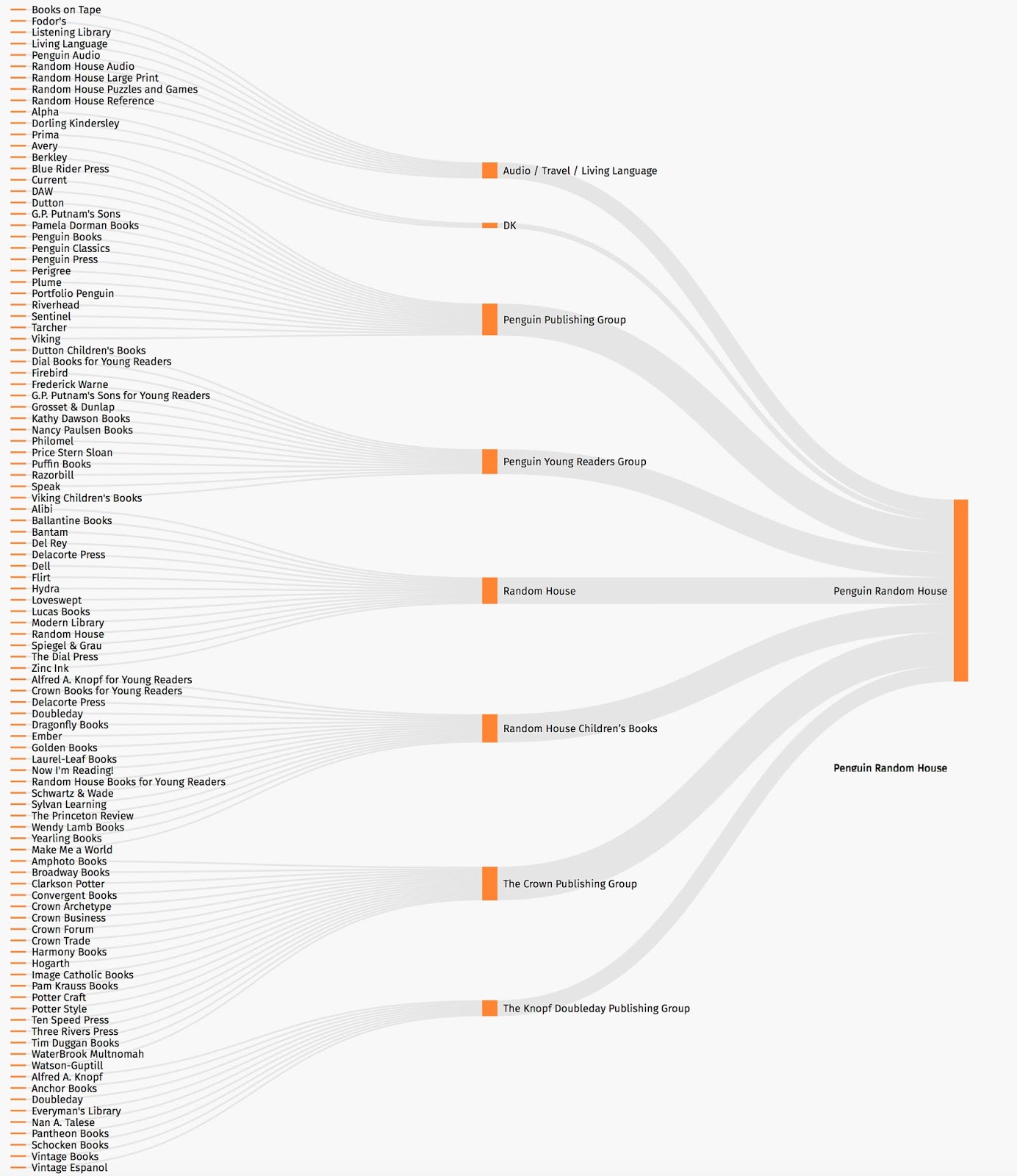
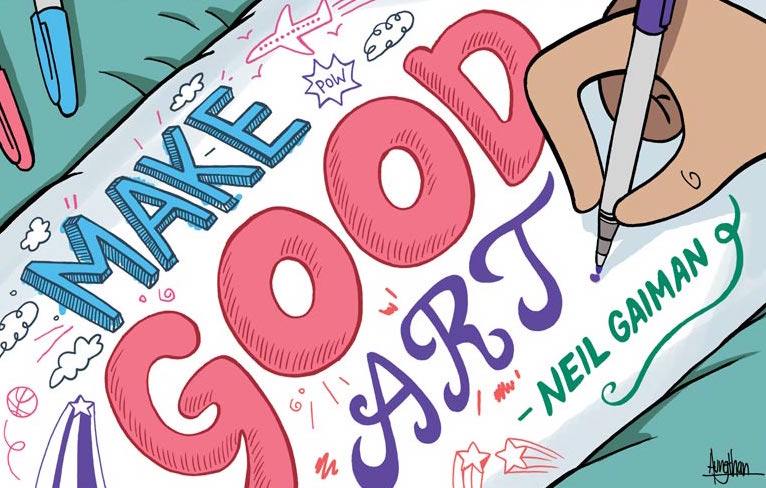
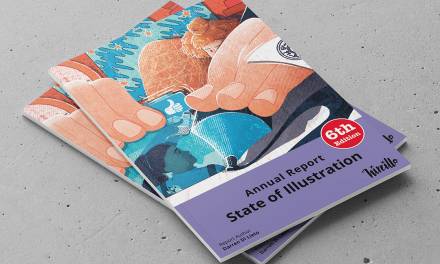
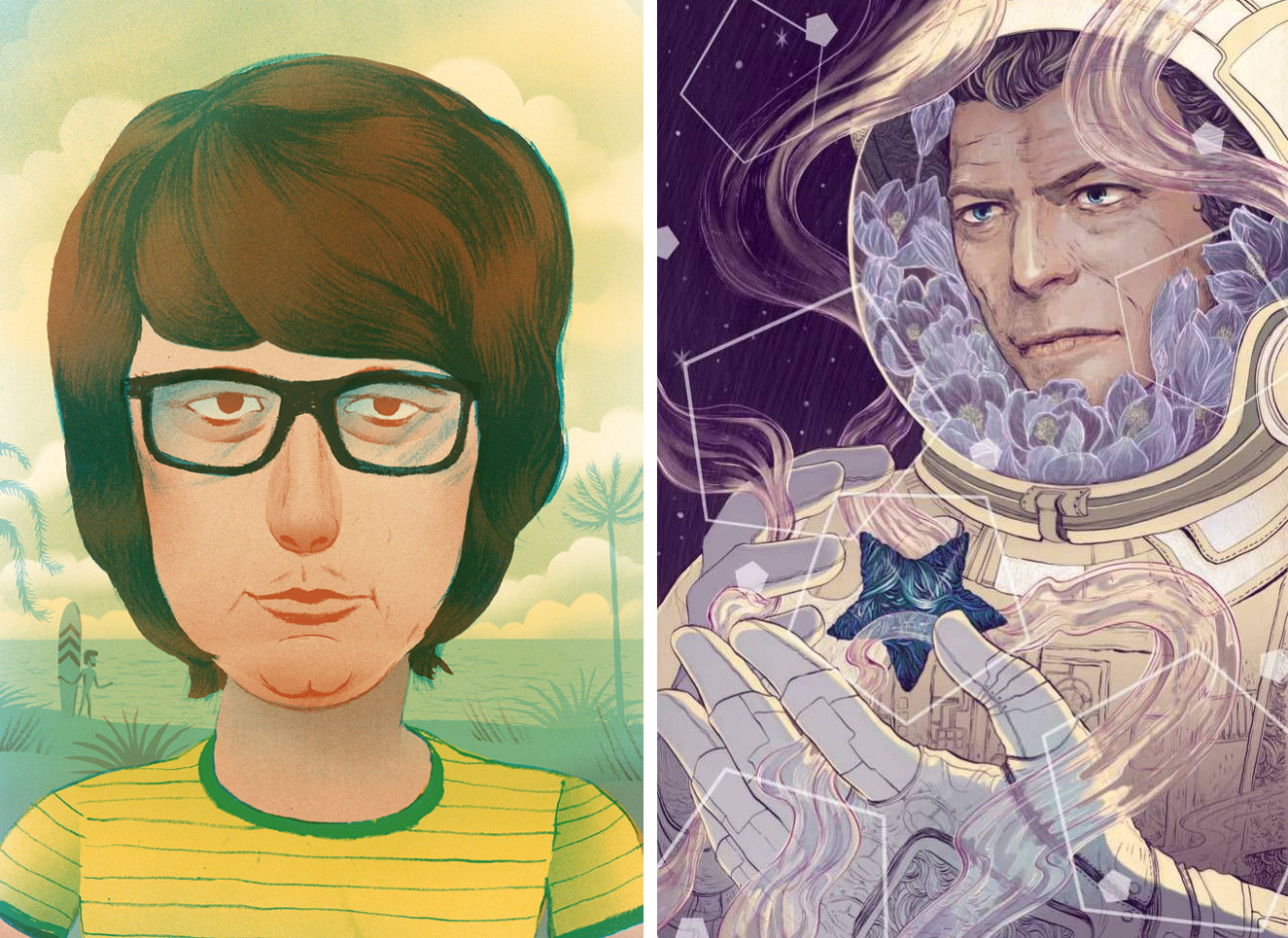
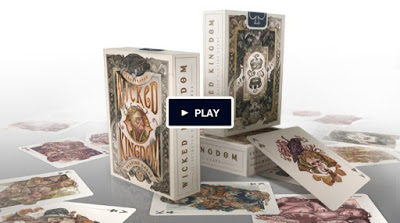
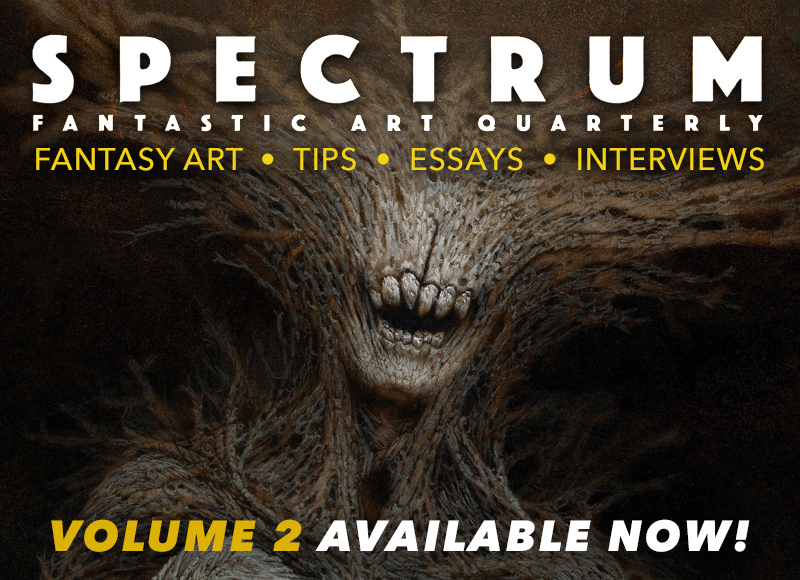
Great post! I have posted on KBoards for a while now and it seems they get excited about custom painted covers and will comment and share but most of the authors that contacted me were trying to get covers in the $200 to $300 price range. Most of the cover artists on the forum are selling pre-mades for $50-$100 or creating stock photo covers for about $150. It's a super active forum though so posting can certainly get some eyes on your work.
Bibliocrunch does indeed allow you to make a profile as an artist! The way the site works is that people post their projects with their budget and people interested in working on those projects place comment with their interest on working with them. Bibliocrunch will also send digest emails of projects that match your skills and other self-publishing advice.
It seems like a good space if you can take the pressure of that kind of project bidding structure. I prefer Hire an Illustrator because the project runners come to me instead after viewing my portfolio and that cuts out the time spent on putting out bids on projects that might never get back to me.
Either way, it's good to have options! Thanks for compiling such an extensive list and offering your insight as a publishing insider. Working with self-publishers has been a great way to cut my teeth, practice my skills, and refine my contracts. While I'm moving away from working with self-publishers to focus on my own IP, the experience was still invaluable to me when I was first trying out freelance.
PS.
Color me surprised that people still use forums when social media and groups on social media platforms have become so prevalent. What a blast from the past!
Fantastic resources. Thank you for the insight!
Lauren, thank you for this fantastic post. This is a great resource for anyone who is looking to take control of their careers and go after exactly what and who they want to work with.
It was so great to hear at Illuxcon that you were working on this and here it is! Thanks so much for your work and research!
Great to know about @Bibliocrunch! I'll update the post above.
The budgets are absolutely smaller…but smaller + experience is a good starting place for a lot of artists. Then as you get more work, you start turning down the lower-paying jobs and leave those for the newer guys. Everyone moves up the ladder.
I promised!
:-O
We don't deserve you.
This is a really informative article! Thank you so much for taking the time to publish this information!
Phenomenal resource, Lauren. This is a highly valuable article. I would've paid money to read this! Thank you for the time and effort you've spent researching and putting this together.
Well, Muddy Colors does have a Patreon ; )
<3
Fantastic job, Lauren!
This is amazing Lauren! Thank you for consistently putting together such excellent resources!
You saved a lot of us months if not years of research, thank you so much!
I have been waiting so long for maps that show who owns whom in the publishing world. You're my wonder woman!
Wow, this is a really practical post. Thanks for all the resources!
Yes, definitely going through this list!!! Much thankful bowing at you!
Thanks Lauren for this post. I've been torn about taking on small press or self publishers with the pay rate being so low. I have attended small press speculative fiction conventions and have been shocked at the poor quality of book covers (even though the stories are great). I would like to work with them but often their cover budget is around $150AUD ($116USD). I have also looked into doing small press spec-fic magazine illustrations whose budget has ranged from $20-100. I recently did an illustration (full colour) for $20CAD. I think these budgets are extremely low and make me feel uncomfortable (I worry that I am just reinforcing the expectation of uninformed people that they can get good quality art at a low rate). The links you have provided and the advice you have given I am bookmarking and will pass onto those I think may find them helpful. I especially found the pamphlet Randy Gallegos wrote to be extremely useful for those times when I get illustration commission requests from self publishers. Thanks again ?
Thanks a lot for your post, Lauren! Really informative! You could add to the categories also fantasy, sci-fi and horror magazines (like Clarkesworld, for example) : perhaps they are an “endangered species” but they still exist and they commission artworks or license them. And usually they have clear guidelines to submit art (something that often is missing with book publishers).
About self-publishing authors, i've got a question for you. I understand your point (more or less, “getting a little experience and earning something”), but looking at a portfolio do you (as an AD) really weight more a work done for a self publishing author than a personal work?
I realize that the core of the portfolio is its quality, but the problem i see with self publishing is that it lacks the quality filter i see essential for “professional level”, so i always wonder if it is really worth looking for self publishing commissions (money apart) as a way to build a good portfolio.
(sorry for deleting and reposting but i wanted to correct a couple of typos).
I agree, the budgets are lower than bigger publishers, but there is a scale, and you should come in at the rung where your art level matches the budget level. Some self-publishing authors who know they have to pay for quality work, and can only pay a little and know they will get entry-level work, but there are plenty of authors & small presses in the middle who need a bit of education on what they can get for what money. I'm not advocating you work below your pay grade at all, but there are a lot of people who come to me knowing they are at entry-level and do not know how to access entry-level and mid-level publishing work.
oops typo: “Some self-publishing authors who know they have to pay for quality work, and SOME AUTHORS can only pay a little and know they will get entry-level work”
Doing personal pieces to get into publishing work is TOTALLY VALID, but many artists would rather give up a little freedom in exchange for a little pay. ADs do not value one piece over the other, it's about how good the piece is as a book cover.
Thanks a lot for your reply, Lauren! I do understand that what really matters is the quality of the work. I think the secret is finding the right balance between libery and pay. My rule of thumb is : will this image add something valuable to my portfolio? IF so, i apply. If not, i use the same time to do a personal piece (or study and exercise).
Hello!
I’m a bit too late to comment here, but I just wanted to thank you for writing this article… The overview of big publishing houses give a very clear picture of how they all interact, and the list of smaller publishers was really nice to learn where to start sending e-mails.
I’ve actually bookmarked this page and came back to it dozens of times, it’s a great read 🙂
In general, your articles about arti directors and the industry are a huge help… thank you so much for taking the time to write them.
On a side note, for you or anyone else looking at the comments… I’ve seen postcards being mentionned a lot of times in the category of “stuff that artists should give art directors”, but I’m not quite sure what they are: are you talking about actual postcards, with artworks printed on one side? Or something else, like A6-sized buisiness cards or small prints (with the artist’s contact info written on the back)?